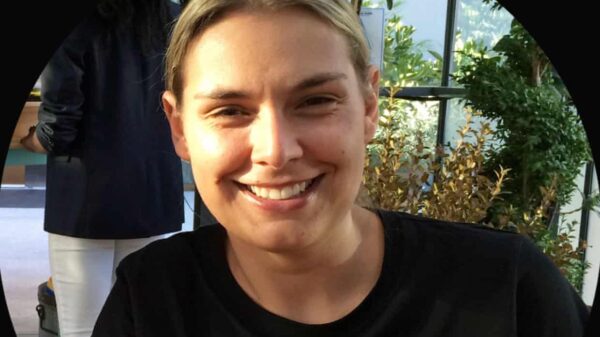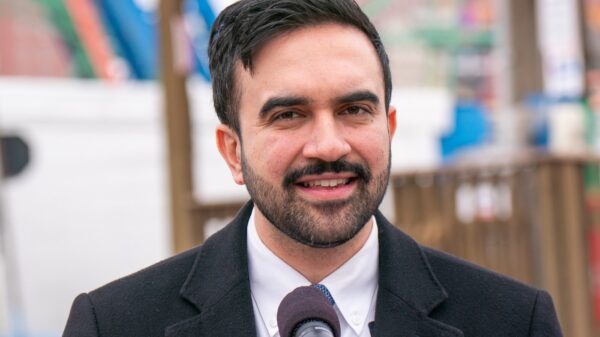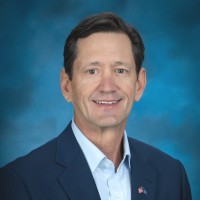In Florida, mosquito control efforts are becoming a focal point in discussions about public health equity. A new analysis, co-authored by Charley Willison, a public health expert from Cornell University, highlights how special districts in Florida, which are established to manage mosquito populations, boast significantly more funding and expertise compared to county-run programs. However, these districts serve geographically limited, often wealthier areas, potentially exacerbating public health disparities as state and federal funding for health initiatives declines.
Historically, the rise of special districts in Florida was driven by rapid development and tourism, with the first district established in 1925. These districts have the unique ability to levy taxes specifically for mosquito control, operating independently from other local public health services. As of 2023, special districts manage 18 of the 66 state-approved mosquito control programs, while counties handle the rest, leaving some areas without any designated mosquito control services.
According to Willison, an assistant professor in the Department of Public Ecosystem Health at Cornell, “The choice to organize mosquito control policy in this way means that there’s a lot of inequity in service coverage across the state. Local governments that don’t have their own mosquito control board have much lower capacity to provide mosquito control services compared to those that have special districts.”
The Disparity in Resources and Expertise
The study, titled “Draining the Swamp: The Local Governance of Mosquito Borne Diseases in Florida,” published in Urban Affairs Review, examines whether special districts are better equipped to conduct the necessary surveillance and abatement to control Florida’s over 80 mosquito species, which can spread diseases like dengue, West Nile, and Zika.
The findings reveal that special districts are better financed, spending approximately 20% more annually from 2017 to 2021. Furthermore, more than half of the core staff in these districts have specific expertise in mosquito control, compared to just 35% in county programs. Staff in special districts are also more likely to hold relevant college degrees.
“Special districts tend to serve communities with higher property values and lower social vulnerability scores. This makes their robust public health capacity a restricted ‘club good,’ raising equity questions,” the researchers noted.
Implications for Public Health Policy
The research suggests several potential solutions to address these disparities, including expanding the boundaries of special districts, fostering partnerships between special districts and county governments, or increasing funding to enhance counties’ capabilities. However, the likelihood of increased funding is uncertain, especially if Congress enacts proposed severe cuts to federal public health spending.
Mosquito control remains one of the nation’s oldest public health challenges. With climate change expected to broaden the scope of this issue across the country, the role of local politics in public health becomes increasingly significant. Willison emphasizes, “So much of what we think of as public health is carried out in these decisions that are happening at the local level.”
The Role of Local Politics in Public Health
Public health scholars, including Willison, have long established the importance of social determinants of health, such as access to housing, clean water, and education. These factors, heavily influenced by local politics, play a crucial role in health outcomes.
“We need a more comprehensive picture of what’s going on, so we can propose more successful interventions. If we don’t know the root causes of these health disparities – which relate to policy choices being made by local officials – we can’t achieve our public health goals,” Willison stated.
In addition to Willison, the study’s co-authors include Iris Holmes, Naquia Unwala from Cornell, Holly Jarman and her team from the University of Michigan, and Phillip Singer from the University of Utah. Their collaborative work underscores the need for a deeper understanding of how local governance impacts public health, particularly in the context of mosquito-borne diseases.
As Florida continues to navigate the complexities of mosquito control, the findings of this study could serve as a catalyst for policy changes aimed at achieving greater equity in public health services across the state.








































































